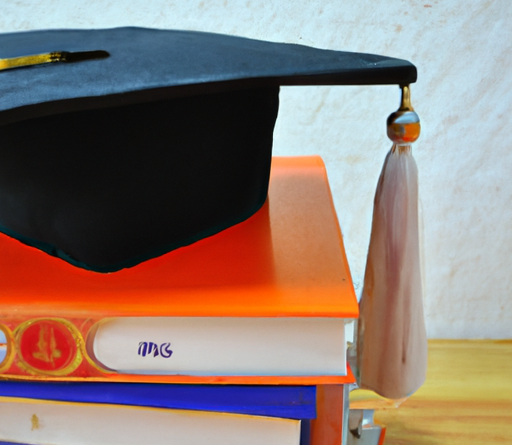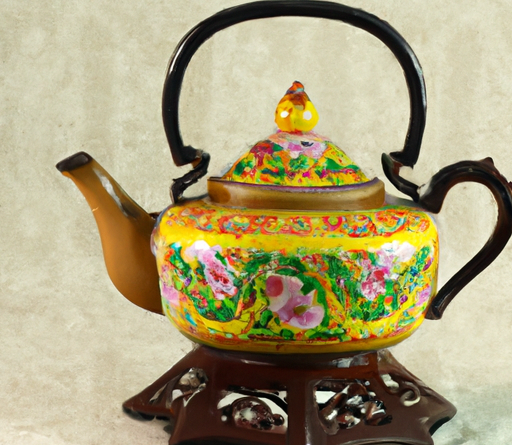
Thailand’s education system provides a diverse range of options to cater to the needs and preferences of students. Government schools offer free education to Thai citizens, although additional costs for textbooks and uniforms may apply. Private schools provide a Thai-style education with smaller class sizes and enhanced resources, often at a lower cost than international schools. Speaking of international schools, they boast prestigious international curricula that are often taught in English. In terms of higher education, Thai universities are notably affordable compared to their Western counterparts, with some courses costing as little as 15,000 Baht per term. Lastly, homeschooling is on the rise in Thailand, giving families the freedom to customize their curriculum. However, it’s important to consider that homeschooling may limit social interaction and accreditation opportunities. With such a variety of options available, Thailand’s education system strives to meet the unique educational needs and aspirations of every student.
Government Schools
Government schools in Thailand offer free education to Thai citizens, making them an accessible option for families seeking education for their children. This ensures that every Thai citizen has the opportunity to receive a basic education, regardless of their financial situation. However, it’s important to note that while tuition is free, there are associated costs that parents should be aware of. These costs include textbooks and uniforms, which can add up over the course of a school year. Despite these additional expenses, government schools remain a popular choice for families looking for a cost-effective education option for their children.
Private Schools
Private schools in Thailand provide an alternative to government schools and offer a Thai-style education that incorporates both traditional Thai values and modern teaching methods. These schools often have enhanced resources and facilities, allowing students to access a wide range of educational opportunities. One of the key benefits of private schools is that they typically have smaller class sizes than government schools. This allows for more individualized attention and personalized instruction, which can lead to better academic outcomes. Additionally, private schools in Thailand generally have lower fees compared to international schools, making them a more affordable option for many families.
International Schools
International schools in Thailand follow curricula from various countries, providing students with a globally recognized education. These schools offer a prestigious education that is often conducted in English, making them an attractive option for families who prioritize English proficiency and want their children to have exposure to international standards of education. The diverse curricula offered by international schools can include programs from countries such as the United States, the United Kingdom, Australia, and Canada, among others. This exposure to different educational systems allows students to develop a comprehensive understanding of various subjects and prepares them for higher education opportunities abroad.
Higher Education
Thailand’s higher education system offers affordable options compared to the West, making it an appealing destination for students seeking tertiary education. Several universities in Thailand offer courses for as little as 15,000 Baht per term, making higher education accessible to a broader range of students. This affordability, combined with the quality education provided by Thai universities, attracts many international students as well. Students can choose from a range of disciplines, including business, engineering, medicine, and humanities, among others. The curriculum is designed to provide students with both theoretical knowledge and practical skills, ensuring they are well-prepared for their future careers.
Homeschooling
Homeschooling is a growing trend in Thailand and offers families the flexibility to customize their children’s curriculum according to their specific needs and interests. This individualized approach to education allows students to learn at their own pace and explore topics that capture their curiosity. Homeschooling also provides a more relaxed and comfortable learning environment, free from some of the distractions that can be found in traditional classrooms. However, it’s important to note that homeschooling may limit social interaction for students, as they won’t have regular opportunities to interact with peers in a school setting. Additionally, homeschooling in Thailand may have limited accreditation opportunities, which could impact a student’s ability to pursue higher education or gain employment in the future. Families considering homeschooling should carefully weigh these advantages and disadvantages before making a decision.
In conclusion, Thailand’s education system offers a variety of options for students and families to consider. Government schools provide free education to Thai citizens, though there are associated costs such as textbooks and uniforms. Private schools offer a Thai-style education with enhanced resources and smaller class sizes, often at lower fees than international schools. International schools provide a prestigious international education, following curricula from various countries and often conducted in English. Higher education in Thailand is affordable compared to the West, with universities offering courses at reasonable prices. Lastly, homeschooling is a growing trend in Thailand, offering flexibility and customization in curriculum, but with limitations on social interaction and accreditation opportunities. Consider the unique needs and preferences of your family when making a decision about which education option is best suited for your child.






